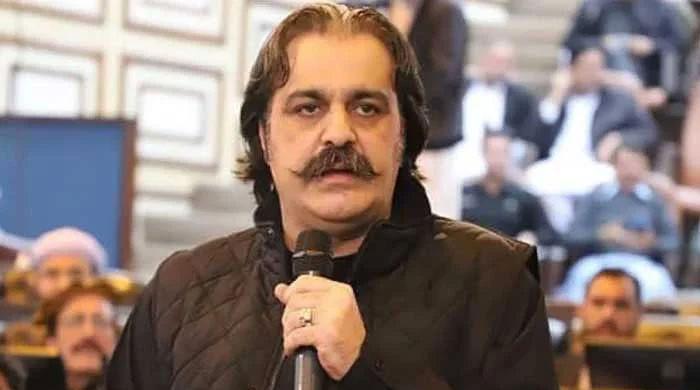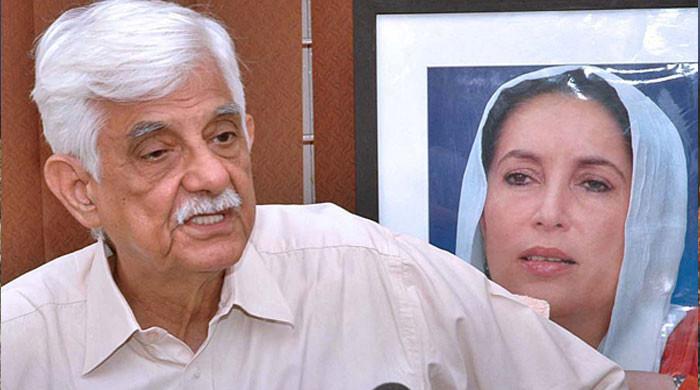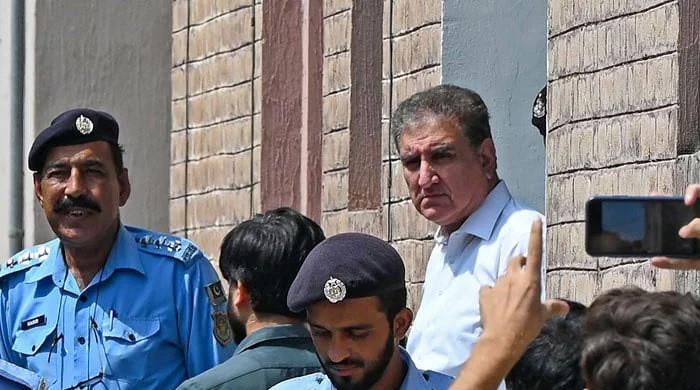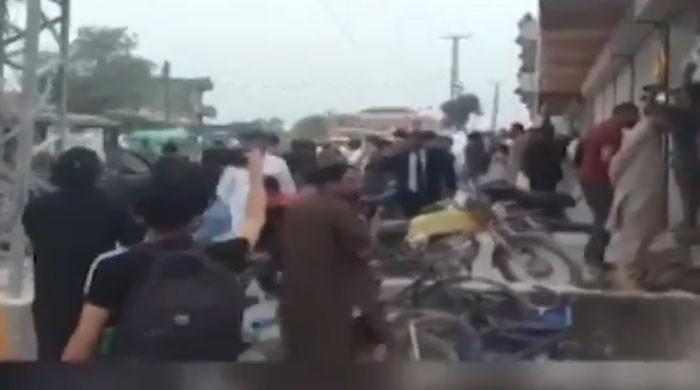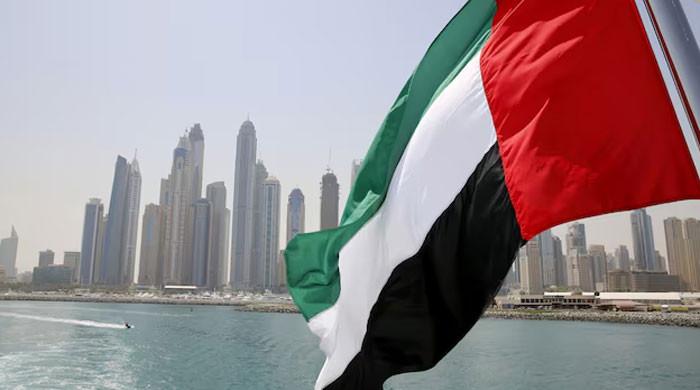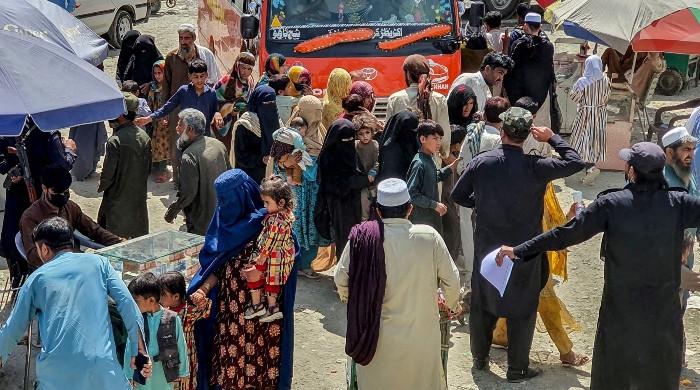India seeks changes to Indus Waters Treaty
India fearful of losing the Kishenganga, Ratle hydropower projects case in Court of Arbitration
February 09, 2023
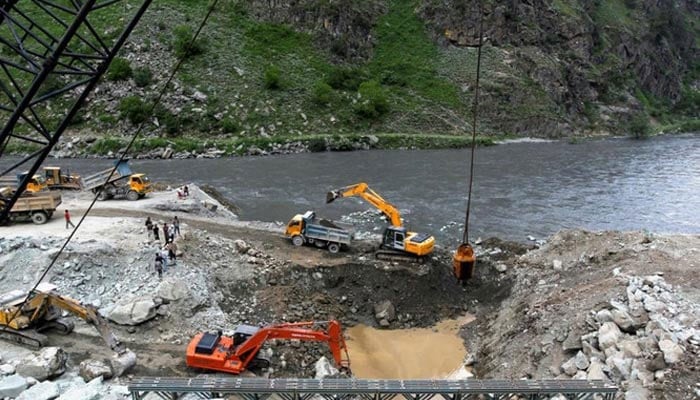
- India sends notice to Islamabad seeking changes in Indus Waters Treaty.
- Pakistani officials discuss India's demands for changes.
- Islamabad will soon send its reply to India.
ISLAMABAD: India has upped the ante, issuing a notice to Islamabad for changes in the Indus Waters Treaty 1960 as the country fears it would lose the case of 330MW Kishenganga and 850 MW Ratle hydropower projects with disputed designs in the Court of Arbitration in the Hague and would not be able to construct future projects on Pakistan rivers with poundage and spillways, reported The News.
Pakistani officials on Tuesday held a crucial meeting to discuss India’s demands for modification in the Indus Waters Treaty of 1960, brokered by the World Bank. India extended the notice by invoking Article 12 of the treaty.
“Secretary water resources, Pakistan commissioner for Indus Waters, top officials of MOFA (Ministry of Foreign Affairs), Attorney General’s Office, Military Intelligence and Inter Services Intelligence deliberated the Indian notice and Article 12 of the Waters Treaty,” a senior official of the Attorney General’s Office told The News.
“The authorities concerned have also deliberated in length Pakistan’s response to the Indian notice, which would be sent to New Delhi soon. Then it would be made public.”
The official said that Pakistan did not commit any material violation of IWT, which is why the Indian notice to introduce changes in IWT is uncalled for. Under Article 12 of the treaty, both parties have the right to seek changes but unless one party agrees to the required changes, the existing treaty would continue to be operational. Being low riparian, how can Pakistan violate the IWT, the official asked. He added that upper riparian can breach the treaty and in the past India violated the treaty many times. The latest examples are of Kishenganga and Ratle projects.
Pakistan exhausted all the ways mentioned in the Waters Treaty at PCIW (Permanent Commission of Indus Waters), secretaries level and then moved the World Bank to constitute the Court of Arbitration. After Pakistan’s request for constituting the CoA, India also deposited the request with the World Bank seeking constitution of neutral experts.
The World Bank announced a pause on December 12, 2016 and stopped the processes to constitute a court of arbitration as was requested by Pakistan and the neutral expert asked by India. The World Bank has suggested both countries to consider alternative ways to resolve their disagreements.
However, Pakistan has been insisting the World Bank to break the pause as India had accelerated the construction work on the Kishenganga project. India didn’t stop the construction and it managed not only to complete the Kisgenganga with an objectionable design in breach of the provisions of the Treaty, but also made it operational.
In 2017, India completed the Kishenganga project with an objectionable design, one year after the World Bank put a stop to it, and instead it resumed construction on the Ratle Hydropower project site with a design that does not comply with the provisions of the Waters Treaty. On April 3, 2018, Pakistan wrote to the World Bank, claiming that the Bank’s suspension had given the Indian side time to construct the Kishenganga project.
However, after the lapse of six years since the pause declaration, the World Bank announced in 2022 to form a Court of Arbitration as demanded by Pakistan and neutral expert as asked by India.
Now on January 27-28, 2023, the court of arbitration started two-day hearing of the case and this irritated India, compelling it to issue the notice to Pakistan asking for modifications. India is of the view that neutral expert is the forum which should first listen to the case as the designs issue in breach of IWT is a difference not dispute. Pakistan argues that the breach of IWT’s provisions in the designs of the both the projects is a dispute, not a difference.
Now the CoA has initiated the proceedings and it will be determined by it if the neutral expert has the jurisdiction to first listen to the case or not. The official said that India while preempting the decision of CoA in favor of Pakistan, which may result into the stoppage of construction of future projects on Pakistan rivers with poundage and spillways, has issued the notice.
More importantly, it is the prerogative of the World Bank’s president or UN secretary general to constitute the court of arbitration and neutral expert. Now the two forums are in place and the process of hearing the case has begun. So the issuance of notice by India is meant to sabotage the legal fighting that has begun and nothing else.




